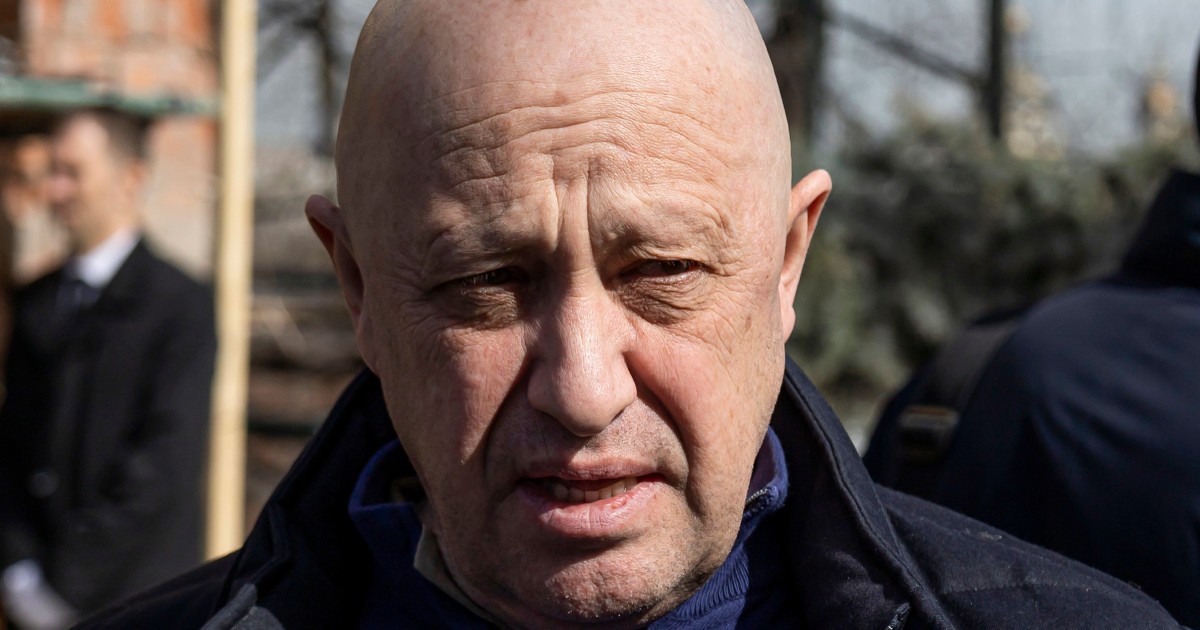Days after he launched a furious tirade against Russia’s military leadership and threatened to withdraw his forces from Bakhmut, the head of the mercenary group said he would continue to lead the offensive in the eastern Ukrainian city.
Yevgeny Prigozhin, who heads the Wagner Group, a private army that has been invaluable to Russia’s efforts, said in an audio message posted on Telegram that Russian officials had “promised the amount of ammunition we would need to continue fighting.
«They have sworn to us that we will be provided with everything necessary on the flanks so as not to be cut off by the enemy.»
Prigozhin, a billionaire oligarch who is known as Putin’s chef for his previous role as a supplier to the Kremlin, said the group had been assigned to General Sergei Surovokin to oversee Wagner’s actions and mediate between the mercenaries and the Defense Ministry of Russia.
Surovokin is a longtime ally of Prigozhin, who was briefly Russia’s commanding general in Ukraine in early 2023 and had previously been accused of overseeing a brutal bombing raid that destroyed much of Aleppo while leading Russian forces in Syria.
His message came days after he threatened, in another Telegram video, to hand over control of the grueling Bakhmut offensive to the Russian armed forces due to ammunition shortages.
Surrounded by what appeared to be bodies, he said, in an expletive-laden tirade, that he would withdraw the Wagner units, which he said were doomed to «senseless death.»
Visibly angry, he said that his fighters were drastically short of ammunition, leading to a direct increase in casualties.
Ukraine chose last month to bolster its defenses in Bakhmut rather than surrender the city, hoping to inflict crucial losses on Russian forces ahead of a counter-offensive believed to be imminent.
Both sides have suffered heavy losses in and around the eastern mining town, with their forces bogged down in a brutal battle of attrition that has seen Russia make small, steady gains but fall short of what would be a largely symbolic victory.
A victory for either side would offer a huge morale boost and could rally the support of the respective allies, providing impetus to turn around a front line that has remained largely static for months.
The sustained pressure on Bakhmut formed part of Russia’s winter offensive aimed at capturing Ukraine’s industrial heartland. But the campaign has been held back by muddy conditions and military failures, despite Moscow’s call for hundreds of thousands of reservists and Wagner’s widespread use of ex-convicts.
Some Western analysts have criticized Kiev’s decision to continue to contest the city, arguing that it should have withdrawn weeks ago in a move that would have allowed Russia a short-term victory but spared Ukrainian soldiers for their own impending counteroffensive.

